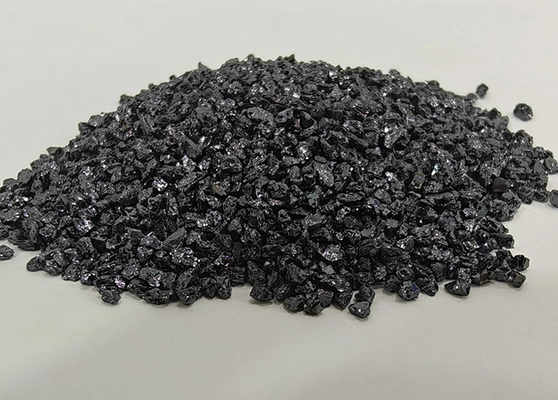Premium Coated Abrasive Grade
Green silicon carbide P6000 micropowder engineered for nano-grade polishing, wafer final finishing, and precision optical surfaces. Consistent submicron size, high purity, and narrow particle distribution.
Particle Classification
P6000 Standard
Material Form
Fine Powder
Specifically engineered for coated abrasive applications, our black silicon carbide P-series grains deliver sharp cutting action and optimal surface consistency for sandpaper, sanding discs, and abrasive cloth production.
